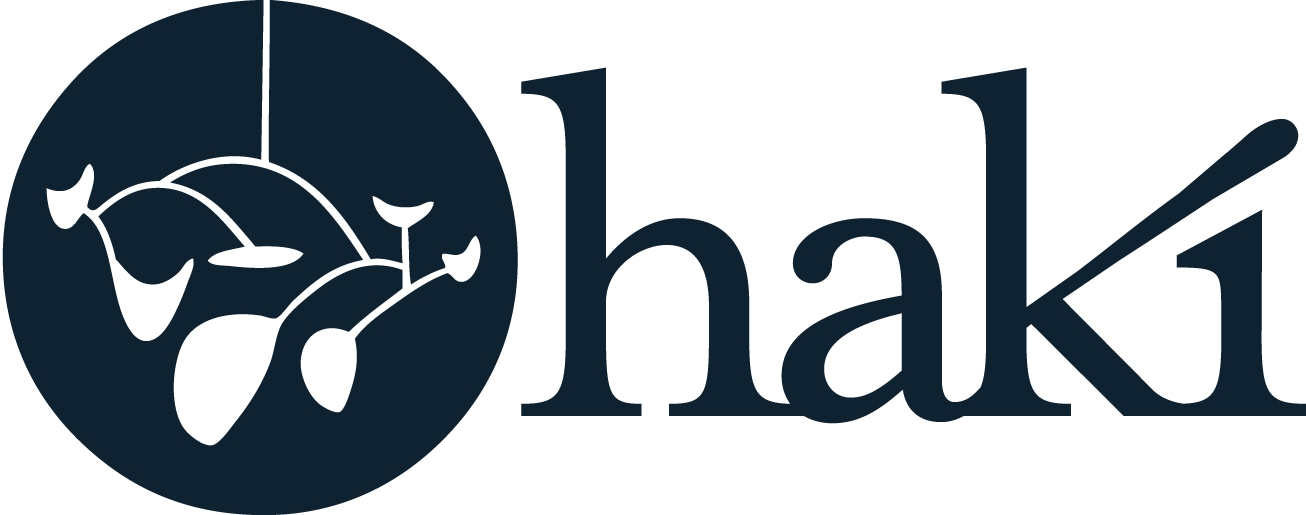A robust array of rights – political, civil, economic, and social – are the foundation from which to achieve the Millennium Development Goals (MDGs). This basic, yet fundamental concept was largely ignored when the MDGs were first crafted in 2000. Twelve years later, as we approach the 2015 end date for the MDGs with disappointing progress, the Hakí Network, UN, and various global actors are re-examining the MDGs. The role of rights, rule of law and equitable development feature prominently in discussions toward a new set of MDGs.
This past month, Hakí Network founder and CEO Tiernan Mennen contributed to these discussions through two chapters in the UNDP Asia Region publication – Accelerating Achievement of MDGs by Ways and Means of Economic and Social Rights. The publication was launched at a conference in Vietnam on August 27-29.
The Hakí Network strives to ensure equitable development for all by monitoring and integrating human rights-based approaches grounded in national legal frameworks into wider development efforts – contributing, in our own modest way, to the achievement of the MDGs.
Accelerating Achievement of the Millennium Development Goals through Social and Economic Rights
Excerpts from the publication:
From a human rights perspective, the MDG agenda has often been criticized for overemphasizing aggregate country-level analysis that mask sub national and social disparities, and often disregard serious human rights concerns. The efforts to find inclusive and sustainable access to the benefits of human development for all must continue to be based on a comprehensive and pro-active understanding of human rights concern.
This publication aims to offer a number of concrete suggestions to the development practitioner, whether in government, civil society or with an international organization. The task of the contributors was to go beyond the often normative, general and high-minded approach taken by human rights advocates when addressing development practitioners often perceived as abstract lecturing. Instead, the authors wish to suggest innovative and practical ways and means to make a difference in terms of the MDGs and other development goals by promoting changes in the constitutional or legislative framework, legal empowerment, introducing affirmative action, applying a human development approach to social protection, disaggregating data and identifying, for instance, the special needs of indigenous communities, mobilizing public action through focused advocacy or campaigns, or leveraging the powers of the judiciary wherever possible in order to overcome “bottlenecks” that may hold up progress on human development indicators.
